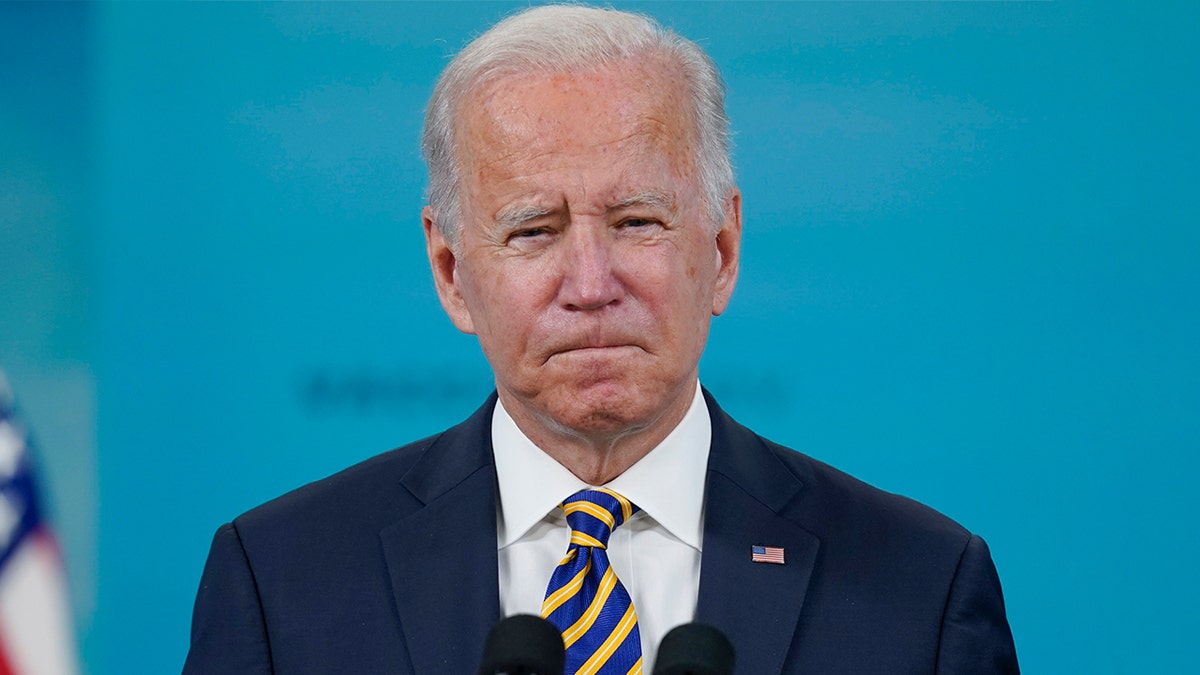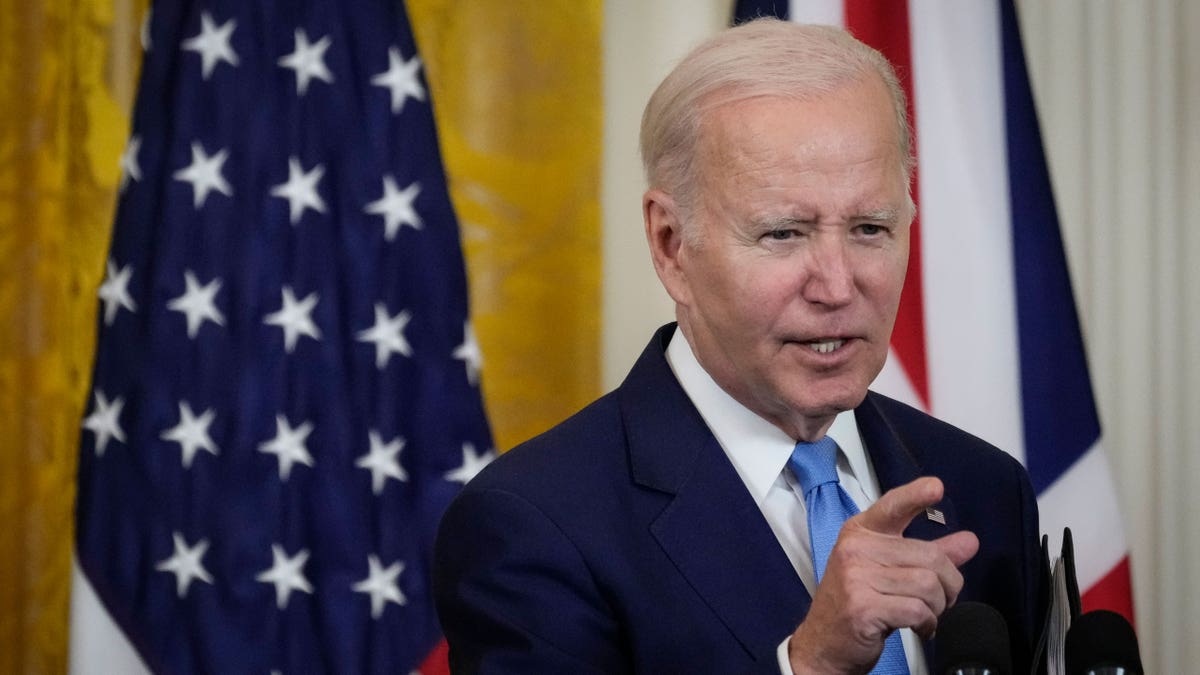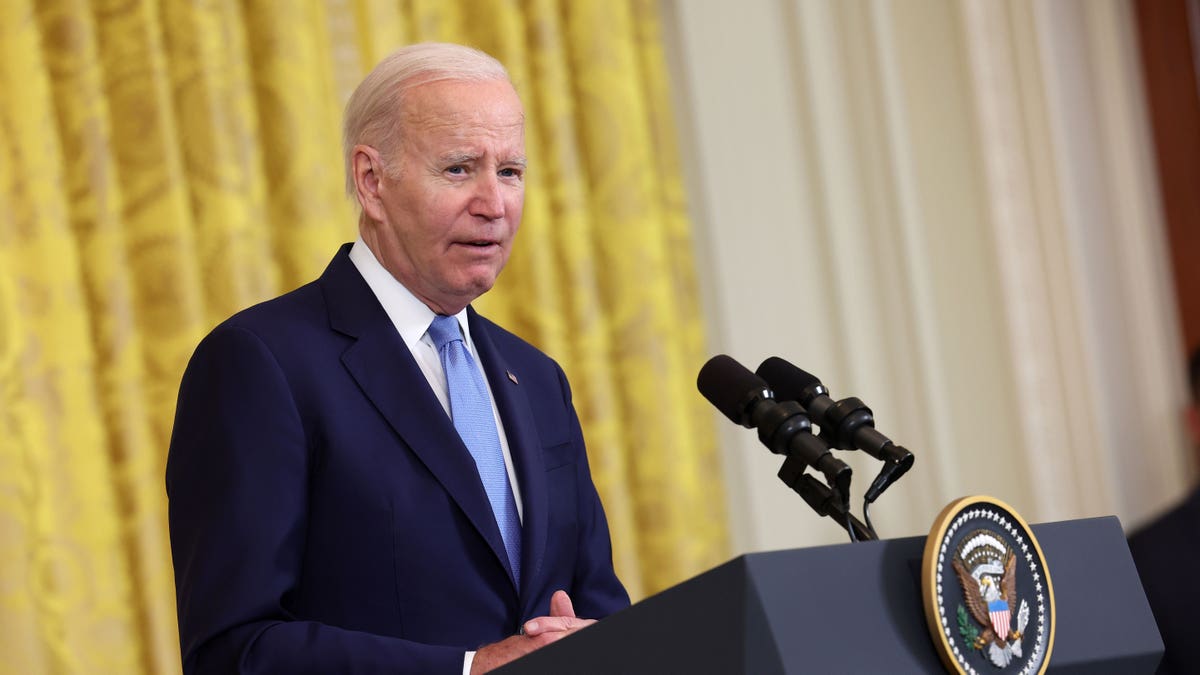President Biden's economic agenda, dubbed "Bidenomics," has sparked a heated debate. While the White House points to job growth, reduced unemployment, and infrastructure investments as evidence of success, critics argue that these gains have come at the cost of historically high inflation and unsustainable government spending.
During a recent speech in Chicago, President Biden criticized "trickle-down economics" and championed his administration's approach of growing the economy "from the middle out and the bottom up." However, economists interviewed by Fox News Digital contend that "Bidenomics" has resulted in a range of negative consequences, including declining labor productivity, sluggish economic growth, escalating consumer debt, and rising interest rates.

Critics point to the significant increase in inflation since President Biden took office. While the inflation rate has recently decreased to 4%, it reached a peak of 9% in June 2022, a stark contrast to the 1% rate when he assumed the presidency. Public opinion reflects these economic concerns, with a recent Fox News poll revealing that 83% of respondents view the nation's economic condition negatively, and President Biden's approval rating on economic matters stands at just 32%.

Economists argue that the administration's substantial spending, including the American Rescue Plan and the Inflation Reduction Act, has contributed to inflationary pressures. Furthermore, concerns have been raised about the potential for "corporate welfare" through government subsidies to favored industries, which some experts believe could lead to increased political corruption and ultimately undermine the "Bidenomics" narrative.

As President Biden embarks on his reelection campaign, his economic policies are likely to be a central focus of debate. Whether "Bidenomics" represents a successful economic strategy or a path towards further economic challenges remains to be seen.
Comments(0)
Top Comments